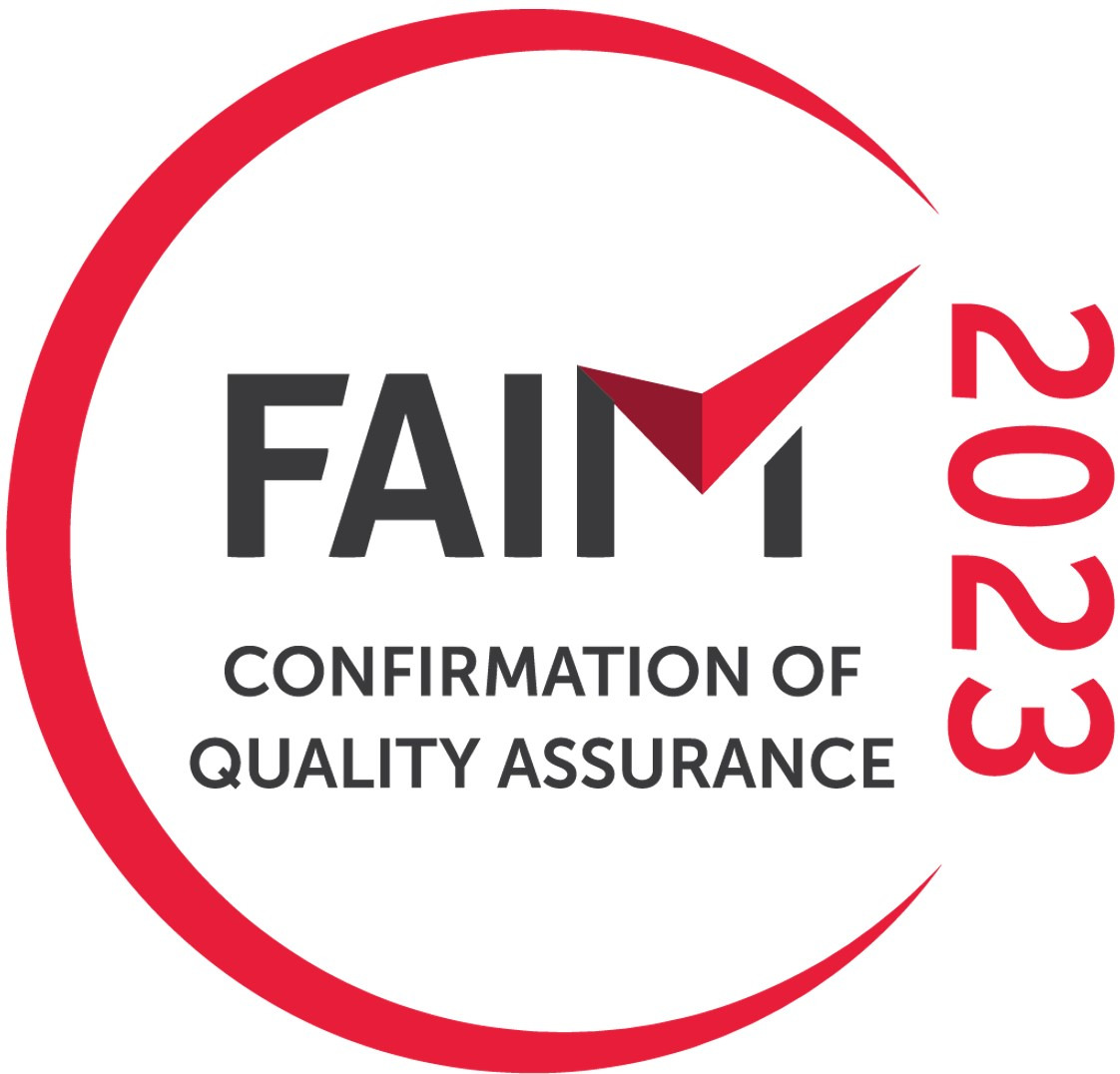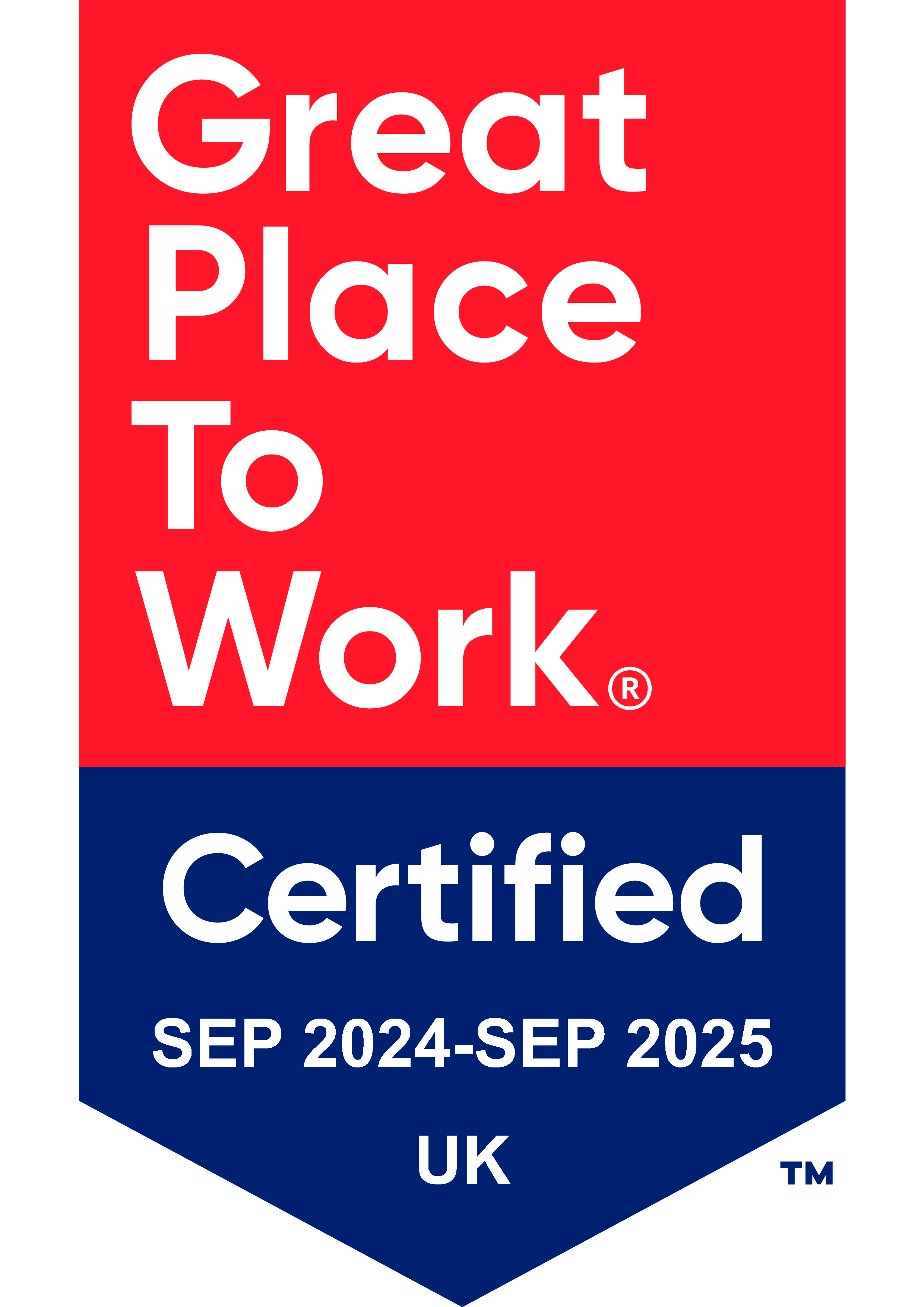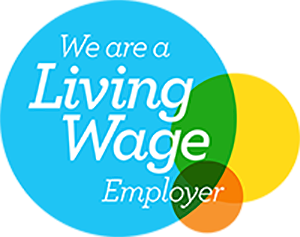At present in the UK, you can hardly move for mentions of the cost of living crisis. Many Brits, as a result of the rising costs, are beginning to consider expat life, with the grass looking far greener in other countries around the world.
If you’re considering Moving to New Zealand, we have just the thing for you. In this blog, we take a look at how the cost of living in New Zealand compares to the cost of living in the UK.
Cost of living in New Zealand vs UK
As is the case in any country, the cost of living will vary depending on where you are. However, in general, you can expect the cost of living to be slightly higher in New Zealand than it is across the UK. This is largely down to the location and size of the country; being a relatively remote island nation, shipping goods to New Zealand can be expensive, and the small population means businesses rarely grow large enough for the cost efficiencies afforded by being larger scale.
New Zealand Currency
New Zealand uses the New Zealand Dollar as its form of currency. As of July 2022, 1 New Zealand Dollar equates to 0.52 Pounds sterling.
Cost of Living in Auckland
It’s estimated that the average single person living in Auckland, the most populous urban area in New Zealand, would need just over $1600NZ, or just over £800 to live on per month, exclusive of rent.
Cost of living in Auckland is, in general, higher than it would be anywhere else in New Zealand, and prices will differ depending on how close to the city centre you are.
Cost of Living in Wellington
Living in Wellington is slightly cheaper than Auckland. It’s estimated that the average single person living in Wellington, the capital city of New Zealand, would need just over $1450NZ, or roughly £750 to support themselves, exclusive of rent.
Cost of Living in Christchurch
Unsurprisingly, the most affordable areas to live in New Zealand are those with the lowest populations. Christchurch, as mentioned above, is the most affordable major city, but there are plenty of more affordable options if you’re looking to live somewhere more suburban.
Affordable Places to Live in New Zealand
Unsurprisingly, the most affordable areas to live in New Zealand are those with the lowest populations. Christchurch, as mentioned above, is the most affordable major city, but there are plenty of more affordable options if you’re looking to live somewhere more suburban.
Cost of Living in Dunedin
Dunedin is the second-largest city in the South Island after Christchurch, and boasts a lower cost of living. Rent prices are significantly lower than those in Christchurch, with a thriving local economy and many family friendly suburbs. It’s worth noting, though, that North Dunedin’s population is primarily made up of students, so consider other areas if you’re hoping to move with your family into a quieter, more residential suburb.
Cost of Living in Rotorua
Rotorua, a small city in the North Island of New Zealand, is heralded for low rent prices and low cost of living. With an economy supported largely by geothermal energy development and agricultural/forestry business, Rotorua offers a quiet, suburban lifestyle away from the busy cities.
Cost of Living in Hamilton
Hamilton is New Zealand’s largest inland city, just a stone’s throw from the cities of Rotorua and Auckland, as well as a number of popular tourist spots, including Hobbiton. Hamilton has a much lower cost of living than other major cities. That said, the city’s economy is rapidly growing on account of its business sector, with many believing Hamilton is set to become a major city in the future.
Opening a bank account in New Zealand
Opening a bank account in New Zealand follows the same process as it is in the UK. It’s a very easy process to follow, and you will just need to ensure that you have the correct paperwork – the bank you choose will inform you of what they need.
You may want to keep some of your UK bank accounts if you move to New Zealand, which shouldn’t be a problem so long as you check with any requirements with your bank. However, if you’re relocating to New Zealand long-term or permanently, then you will want to open a bank account with a domestic bank as well.
There are a number of banking providers operating in New Zealand, some of the most popular being ASB, Bank of New Zealand, Westpac and ANZ. Research providers thoroughly before making a decision on which is right for you.
How much do household bills cost in New Zealand?
Utility Bills in New Zealand
Though figures for basic utility bills, such as water, gas and electric, will vary depending on your usage, you can expect to pay roughly 40% less on your monthly expenses in New Zealand than you would living in the UK.
Mobile Phone Contracts and WiFi in New Zealand
Internet, particularly in the use case of mobile data, is much more expensive in New Zealand than it is in the UK. This is largely down to the size of the country; while New Zealand has a similar landmass to that of the UK, its population is much smaller. Lighter population density and a smaller market means that mobile data infrastructure in New Zealand can’t achieve the same large-scale cost efficiency as it does in the UK. In general, mobile phone users in New Zealand will pay over 70% more for mobile data than users in the UK
WiFi/Cable is still more expensive than it is in the UK, but not by as large a margin; you can expect to pay roughly 40% more for your WiFi and internet at home than you would in the UK.
Cost of Public Transport in New Zealand
Public transport in New Zealand is generally regarded as excellent. Buses are the main mode of public transport, and connect small cities to larger urban areas. Even better, you can expect to spend much less on public transport in New Zealand than you would in urban areas of the UK such as London.
Public transport fares can be as low as NZ$0.50, or roughly £0.26, making New Zealand’s public transport system incredibly affordable.
Price of Petrol in New Zealand
Petrol prices are currently in a state of flux, but ordinarily, petrol is slightly cheaper in New Zealand than it is in the UK.
Though prices are generally lower, New Zealand generally gets a worse deal given the proportion of income spent on fuel. New Zealand’s population is one of the highest consumers of fuel worldwide, and it’s worth bearing in mind that the average kiwi spending a much higher percentage of their income on fuel than they would in the UK.
Other Key Points on the Cost of Living in New Zealand
Though New Zealand is far removed from the UK in a geographical sense, there are certain customs within the culture that are similar to the UK. For example, unlike in the United States, tipping service staff is not customary or expected, so you won’t be noticing an increase in costs in this regard.
Moreover, while consumption tax is applied to goods in New Zealand stores (usually at a rate of 15%), this is reflected in the price, unlike in the States.
Thinking about Moving to New Zealand?
If you’re considering making the move to New Zealand, then we can help. We have decades of experience in international removals to New Zealand, and can support you every step of the way. Get in touch with our team for a quote, or for more information.
If you’d like to learn more about life in New Zealand, check out our guide to moving to New Zealand, which has comprehensive information on everything you need to know, from Visas, housing and moving with pets, to things like the job market, New Zealand pop culture, and key cultural differences between the UK and New Zealand.
















